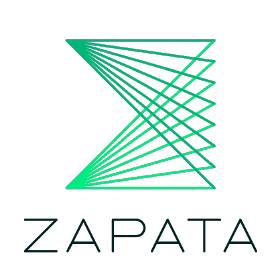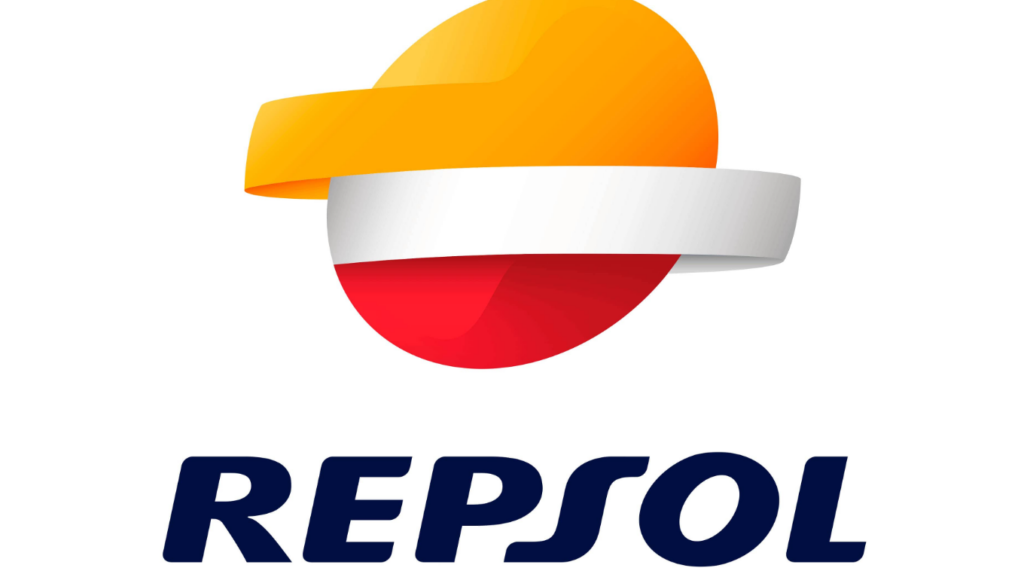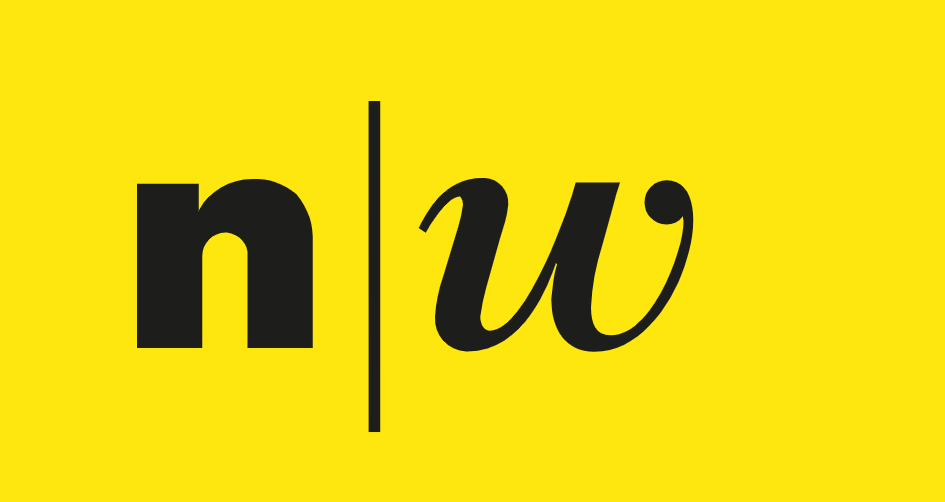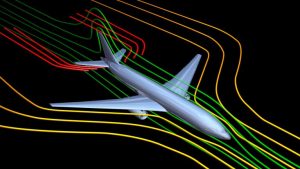
King Abdullah University of Science and Technology — KAUST — recently announced a new partnership with US-based Zapata Computing, a Harvard spinout and one of the world’s leading quantum software companies. The move will see KAUST leverage quantum technology in the advancement of computational fluid dynamics research with a focus on exploring how quantum computers can aid in the aerodynamic design of airplanes and automobiles.
The partnership marks KAUST as a quantum pioneer in the Middle East and further adds to the university’s status as a regional leader in advanced digital technologies. But what is quantum computing, and what does it mean for KAUST, the Kingdom and the wider Middle East region?
A New Paradigm
The dawning of the Information Age in the middle of the twentieth century transformed the world as we know it. Up until that point, mankind’s ability to process and store information had been limited by the power of the human mind and the capacity of our libraries. But the invention of the computer changed that, paving the way for a wave of groundbreaking scientific and technological breakthroughs that have reshaped the world around us.
Fast-forward to today and humanity finds itself standing on the cusp of another revolution driven by the power of computers, only this time they’re of the quantum variety.

Quantum computing is still very much a nascent technology that exists at the absolute cutting edge of what is currently possible in science and engineering, but it isn’t hyperbole to suggest that as quantum computers continue to migrate from high-tech laboratories to mainstream commercial and academic settings, they have the potential to fundamentally change the world just as dramatically as the computers did before them.
By partnering with Zapata Computing, KAUST is building the kind of quantum expertise that will prove extremely valuable in further pushing back the boundaries of science and technology in years to come.
So… what exactly is a quantum computer?
It’s a common misconception that quantum computers are simply a new and improved version of the computers so familiar to us today, but this couldn’t be further from the truth. Quantum computers represent a radically different way of approaching computation in the first place.
Regular computers operate using bits-tiny switches that can either be in the ‘on’ position, represented by a‘1’, or the ‘off’ position, represented by a ‘0’. Everything a regular computer does-from surfing the internet to running software-is powered by many millions of these tiny switches working in tandem.
A quantum computer replaces regular bits with quantum bits, also known as qubits. Like regular bits, qubits can be thought of as tiny switches that can be both ‘on’ and ‘off’, but thanks to a phenomenon known as quantum superposition, they’re also able to be a combination of both these states at the same time. By combining quantum superposition with another quantum phenomenon known as entanglement-the linking of two or more qubits together–quantum computers are able to do things that are well beyond our most powerful supercomputers.
In a regular computer, where every switch is either ‘on’ or ‘off’ at any given moment, only one system state–one combination of ‘0s’ and ‘1s’-is possible at any time. But while a quantum computer’s qubits are each in a quantum superposition, they are, in a sense, able to represent all possible system states simultaneously.
This means that instead of solving problems by testing possible solutions sequentially as is the case with classical computers, a quantum computer is able to test vast numbers of possible solutions simultaneously, meaning it can carry out certain complex tasks far more quickly than even the most powerful classical computers in existence today. Quantum computers aren’t well suited to all kinds of computation, but in the cases where they excel, calculations that might take a supercomputer ten of thousands of years or more can be completed by a quantum computer in a matter of minutes.
KAUST and Zapata-bringing quantum computing to the Middle East
Announced on March 23, 2021, the partnership between KAUST and Zapata Computing is the first of its kind in the Middle East and represents an opportunity for KAUST to gain valuable expertise in an emerging and extremely important field
“KAUST has a strong track record in high-performance computing, and some of the research conducted therein the past-in oil and gas or chemistry, for example-touches areas where quantum computing is expected to have a big impact, so the synergy was clear from the start,” explained Witold Kowalczyk, Director of Global Channel Partnerships at apata, adding: “KAUST will be leveraging Orquestra®, which is our unique end-to-end, modular, workflow-based toolset that greatly simplifies the process of conducting research in quantum computing.”
KAUST’s work in advanced digital technologies began with the acquisition of the Shaheen supercomputer in2009 and the subsequent upgrade to Shaheen II in 2015. These facilities, and the expertise they helped foster within the university, have enabled KAUST scientists to carry out cutting-edge research in a wide variety of fields, complete world-record computations, and join forces with various industry, academic, and governmental partners-including Saudi Aramco, SABIC, King Fahd University of Petroleum and Minerals, and King Saud University-in the pursuit of impactful new science with real-world applications.
By partnering with Zapata Computing and investing in a quantum future, KAUST is taking the logical next step on this journey.
Quantum Computing in the Middle East
Quantum computing is a technology under a global spotlight and with universal relevance, and consequently, governments around the world are moving to invest, with big tech firms like IBM, Intel, and Google also pushing the quantum envelope.
The full implications of quantum computing are as yet still unknown, but there are likely to be applications across a great many different industries. Quantum technology is expected to push back the boundaries in areas like drug development, materials science, AI, logistics, transportation, cryptography, and analytics to name just a few.
For the Gulf States, the oil and gas industry is a natural starting point. Quantum-enabled analytics and data-processing will aid in oil exploration, while advanced modeling will offer increased efficiency in extraction, processing, and distribution.
In Saudi Arabia, the possibilities initiated by quantum computing could be particularly far-reaching, potentially contributing significantly to the Kingdom’s drive to realign the economy as part of Crown prince Mohammed bin Salman’s Vision 2030 objectives.
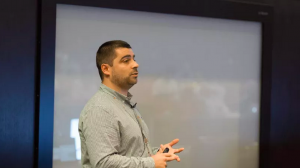
Matteo Parsani, Assistant Professor of Applied Mathematics and Computational Science at KAUST, member of the Extreme Computing Research Center, and one of the two leading members of the team working with Zapata’s Orquestra® technology, sees quantum computing as a catalyst for transformation within the kingdom: “Saudi Arabia is growing, and part of that growth includes continuing to diversify the economy away from a reliance on oil and gas and towards knowledge-based industries. Quantum computing is still very novel, but it’s going to be a truly disruptive technology that will provide enormous cross-industry opportunities. Building a knowledge base of quantum expertise at KAUSTin the interdisciplinary field of computational fluid dynamics can only be a good thing both for the university and for the Kingdom.”
Why Computational Fluid Dynamics?
The partnership with Zapata Computing will see KAUST researchers focus on applying quantum technology to the field of computational fluid dynamics (CFD).
Ravi Samtaney, Professor of Mechanical Engineering and Dean of Physical Science and Engineering Division at KAUST, who is also leading on the Zapata project, explained why this discipline was chosen: “We’ve heard a lot about quantum computing in the context of digital security, but the surface has barely been scratched when it comes to the implications for CFD. To my mind, CFD is the perfect playground for this fledgling technology-it’s a quintessential field in nonlinear classical physics and therefore an excellent foundational starting point. If we can successfully apply quantum computing in the field of CFD, our work will be applicable to many different areas of science.”
One of those areas is the improvement of aerodynamic designs for automobiles and airplanes, which is the ultimate goal of KAUST’s partnership with Zapata.
“In order to create better, more aerodynamically efficient aircraft designs, we need higher fidelity models to simulate airflow–that’s something quantum computing will be able to give us,’ explained professors Samtaney and Parsani. “The airline industry works on very fine margins and at enormous scale. If you can reduce drag by 2%, you can save billions of dollars and elicit a hugely positive environmental impact through reduced emissions and the preservation of resources. It’s still early days for quantum computing, but we hope the work we’re doing with Zapata will lay the groundwork to realize these kinds of gains in the real world in the future.”
For more market insights, check out our latest quantum computing news here.


